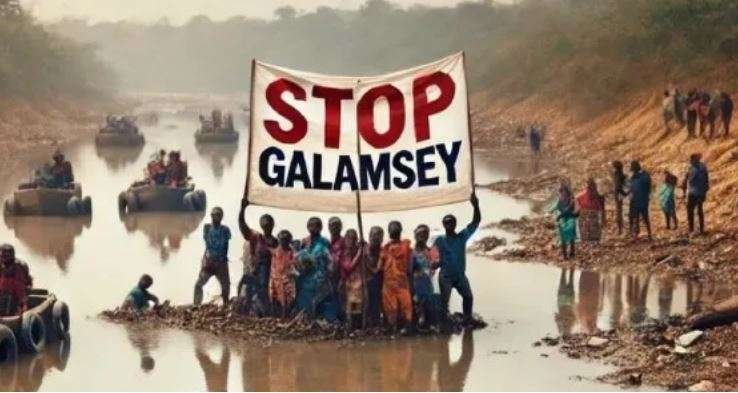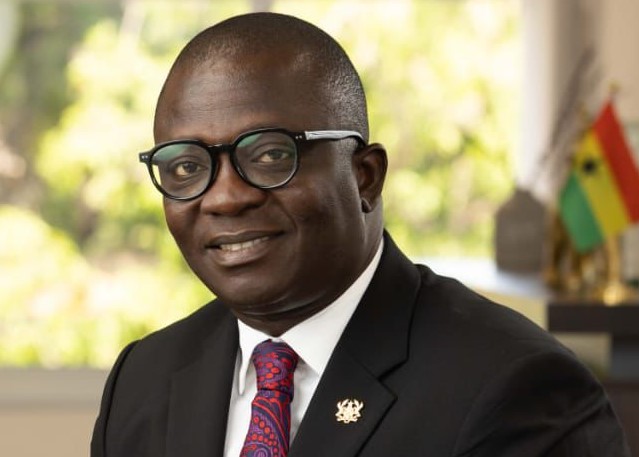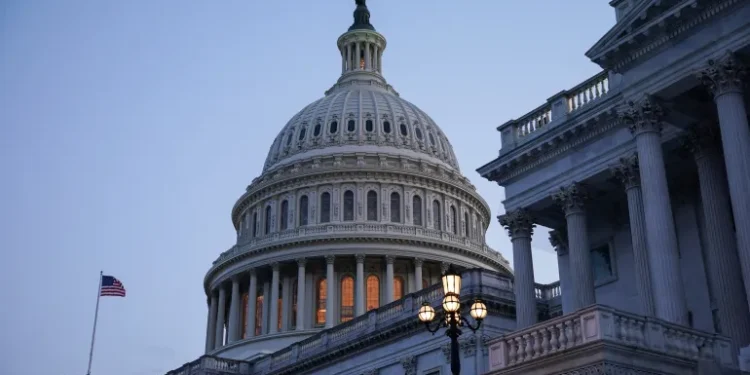The Member of Parliament for Abetifi and New Patriotic Party (NPP) presidential aspirant, Bryan Acheampong, has called for an immediate 90-day nationwide suspension of all mining activities to help curb the worsening menace of illegal mining, popularly known as galamsey, and restore Ghana’s deteriorating water bodies.
Speaking on the country’s growing environmental and food security threats, the former Minister for Food and Agriculture emphasized that the proposal was not a call for a state of emergency, but rather a temporary national pause to allow government and stakeholders to review and reset Ghana’s approach to responsible mining.
“I’m not talking about even a state of emergency. Ninety days, rainy season — let’s clear our water bodies, let’s engage on how we go back to mining. We cannot stop or repair the tie or the track of a moving train as fast as it is speeding.
“We need to agree, and I’m not talking about a state of emergency, that mining, regardless of where, should stop now for the next 90 days. Let’s regroup, let’s rethink, and see how we can launch back into responsible mining.”
Bryan Acheampong
Mr. Acheampong’s comments come amid deepening public frustration over the persistent destruction of Ghana’s forests, rivers, and farmlands by illegal miners, despite several high-profile government interventions in recent years.

He warned that if the country fails to take decisive action to protect its environment and food systems, the consequences could be catastrophic.
“If our food systems are being poisoned, and we just look on, and we prefer to make money, the people will not be around in a very short time to try and address the situation. So this is something that I believe answers your general security questions.”
Bryan Acheampong
The Abetifi legislator’s proposal echoes earlier government measures taken to tackle illegal mining under the previous administration led by former President Nana Addo Dankwa Akufo-Addo.
In 2017, following intense pressure from civil society organizations, traditional authorities, and the media coalition against illegal mining, the government imposed a temporary moratorium on all small-scale mining activities across the country.
At the time, the administration established the Inter-Ministerial Committee on Illegal Mining (IMCIM) and a joint military-police task force, known as Operation Vanguard, to enforce the ban and restore order in the sector.
The directive, initially intended to last for six months, was extended multiple times and eventually lasted 20 months, before being lifted in December 2018 for miners who had undergone registration and training under the government’s new framework.
However, despite these efforts, illegal mining persisted. Reports from the Lands and Natural Resources Ministry later revealed that gold production from small-scale mining even increased during the period of the ban, raising questions about the effectiveness of the government’s approach.

Civil society actors have consistently argued that the failure to curb galamsey stems not only from weak enforcement but also from the alleged involvement of politically connected individuals, local elites, and government officials in illegal mining operations.
The resulting impunity, they argue, has undermined legitimate efforts to protect the environment and uphold the law. Mr. Acheampong’s renewed call for a nationwide suspension of mining, therefore revisits a familiar but contentious policy tool — one that divided public opinion during the last moratorium.
Supporters of such a ban see it as necessary to prevent irreversible ecological destruction, while critics argue that blanket prohibitions disrupt livelihoods, especially for communities dependent on small-scale mining as their primary source of income.
Nonetheless, the Abetifi MP believes that a 90-day ban would provide the breathing space needed for national reflection and coordination among relevant stakeholders, including traditional leaders, miners, local communities, and security agencies.
According to him, this temporary halt would enable the country to clean its polluted rivers and design a credible pathway for the resumption of “responsible and sustainable mining.”
Ghana’s illegal mining crisis has, for over a decade, posed one of the most significant threats to the nation’s environmental sustainability and food security.
Once-pristine rivers such as the Pra, Ankobra, and Offin have turned brown and toxic from chemical pollution, while cocoa farms and forest reserves continue to be destroyed by unregulated mining.

The situation has also forced several urban water treatment plants to operate at high costs due to the heavy siltation of major water bodies.
Bryan Acheampong’s comments highlight the growing recognition that the galamsey challenge is not merely an environmental concern but also a national security issue. The contamination of rivers, loss of farmlands, and depletion of forest cover threaten not only livelihoods but also Ghana’s long-term food production and water safety.
With his background as a former Minister for Food and Agriculture, Acheampong’s intervention underscores the direct link between illegal mining and declining agricultural productivity — a concern that many experts have warned could compromise the country’s food sovereignty in the near future.
Whether the proposal gains political traction or not, it reflects a growing consensus that Ghana cannot continue business as usual if it hopes to safeguard its natural resources for future generations.





















